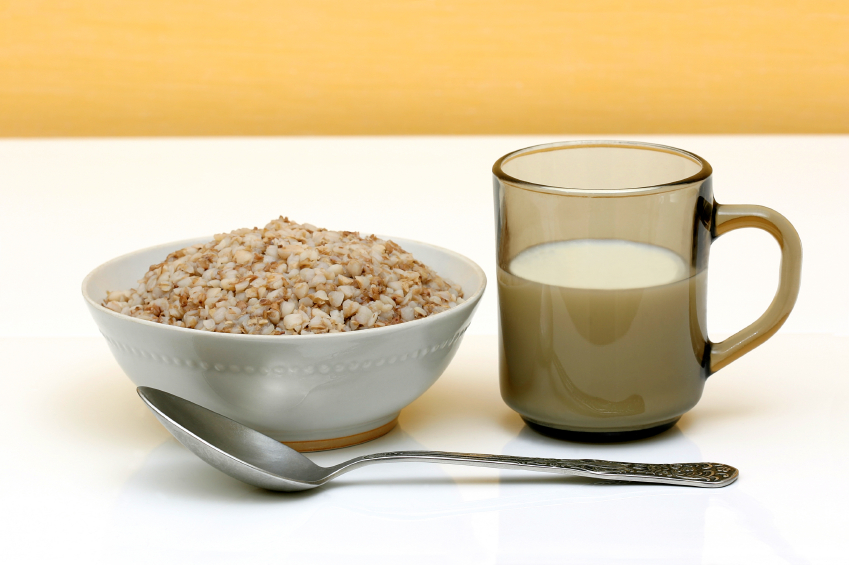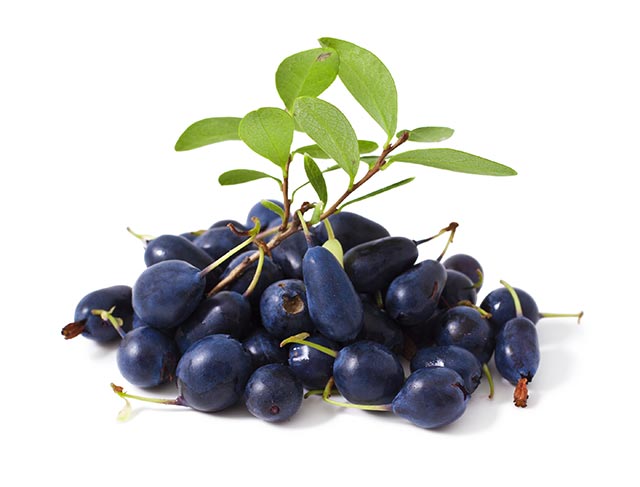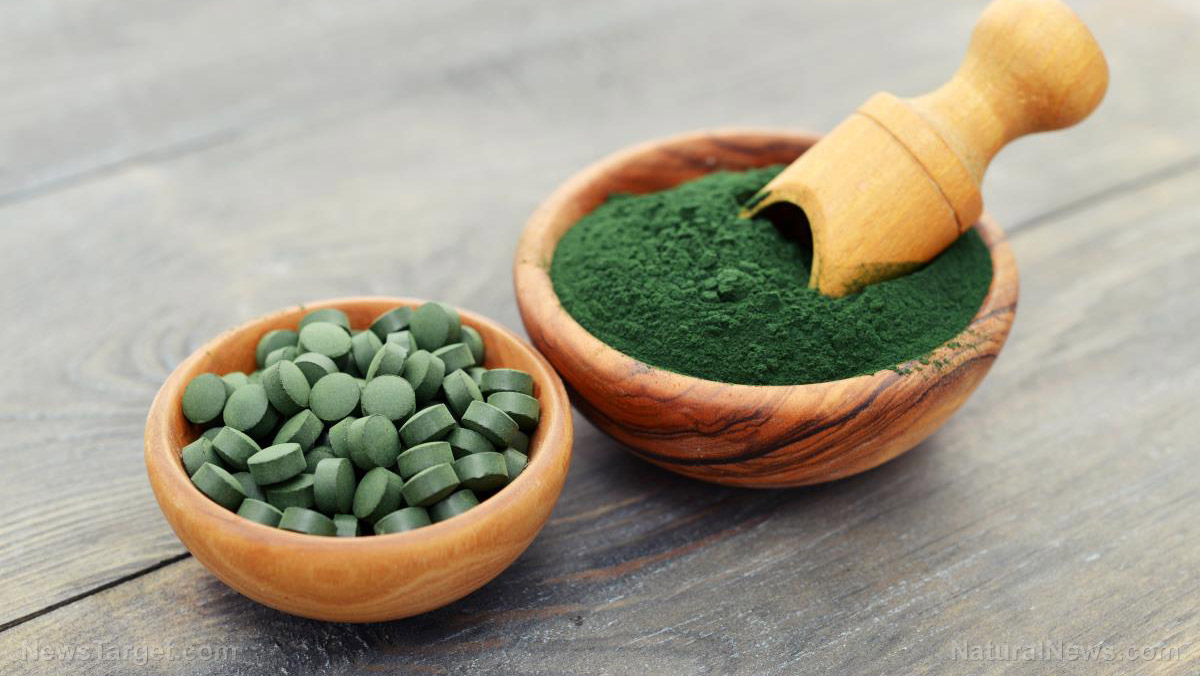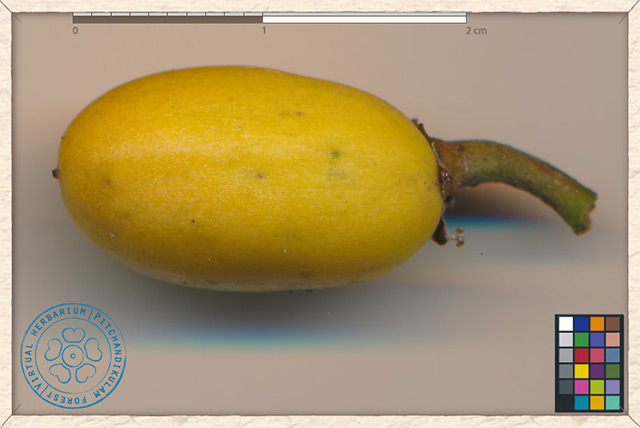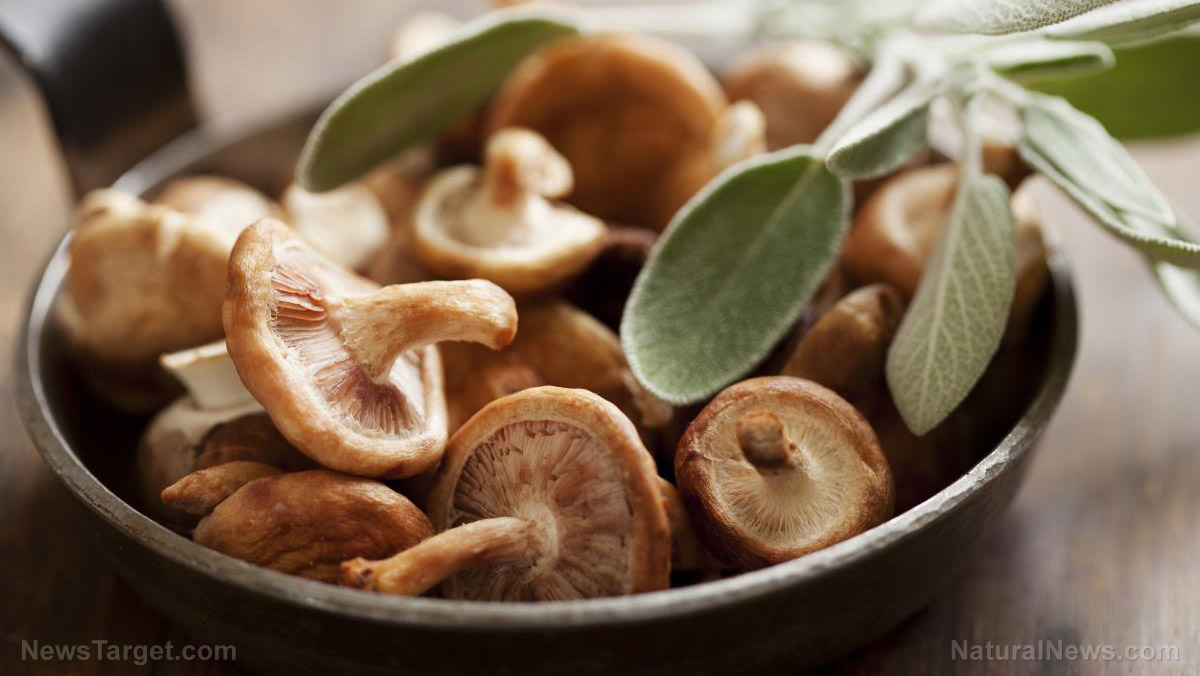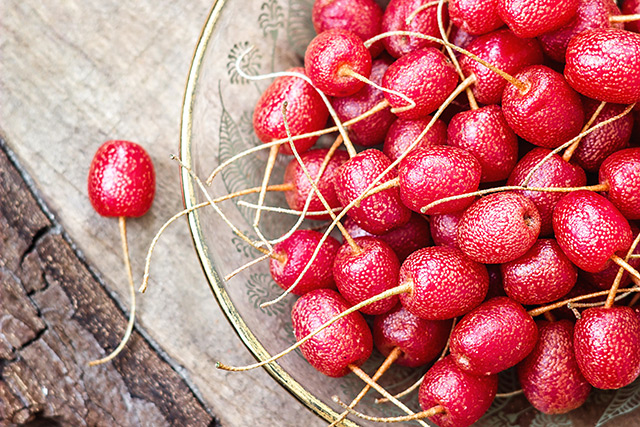Once again, scientists prove gut health and mental health go hand-in-hand
05/13/2019 / By Ethan Huff

Researchers out of Europe have unearthed more evidence to show that gut health is inextricably linked to mental health.
Jeroen Raes, a professor at the University of Leuven in Belgium, found that many people with depression are also deficient in both Coprococcus and Dialister, two varieties of beneficial bacteria that live inside the human gut.
Regardless of whether or not a person is taking antidepressant drugs, Prof. Raes found, a lack of these two bacteria appears to be directly linked to poor mental health – strongly suggesting the need for probiotic supplementation, as well as improved diet.
“The relationship between gut microbial metabolism and mental health is a controversial topic in microbiome research,” admits Prof. Raes, who also works as a researcher at the Flanders Institute for Biotechnology (VIB) in Belgium.
“The notion that microbial metabolites can interact with our brain – and thus behaviour and feelings – is intriguing, but gut microbiome-brain communication has mostly been explored in animal models, with human research lagging behind.”
To get this human research up to speed, Prof. Raes conducted a population-level study, identifying these several groups of bacteria as having co-variance with human depression, as well as overall quality of life, across various populations.
As it turns out – affirming what Natural News and others have been saying for a long time – a healthy gut microbiome is critical for maintaining the viability of hormones inside the body that facilitate communication between the brain and the immune system, the gut being where most of the immune system resides.
In other words, maintaining a healthy diet that’s supportive of a healthy gut microbiome, or taking probiotic supplements, has once again been shown to help balance the central nervous system and maintain a healthy, two-way communication system between the gut and the brain.
“Further investigations extend this role to the regulation of intestinal epithelium and blood-brain barrier permeability as well as the production and degradation of neuroactive compounds,” reports Will Chu for NutraIngredients.com.
For related news, be sure to check out Natural.news.
Maintaining a biodiverse microbiome while eliminating dysbiotic bacteria is critical for optimizing gut-brain health
As they were investigating the characteristics of depressed people’s microbiomes, Prof. Raes and his team also observed that the presence of the wrong types of bacteria in the gut, also known as dysbiotic bacteria, can negatively affect one’s mental health.
The goal would seem to be to maximize the populations and variety of beneficial bacteria that help to support mental health, in effect maintaining an optimally biodiverse microbiome, while simultaneously minimizing the presence of dysbiotic bacteria that fight against this process.
“Our toolbox not only allows us to identify the different bacteria that could play a role in mental health conditions, but also the mechanisms potentially involved in this interaction,” says Mireia Valles-Colomer, a microbiologist at the VIB-KU Leuven Center, who also contributed to the study.
“For example, we found that the ability of microorganisms to produce DOPAC, a metabolite of the human neurotransmitter dopamine, was associated with better mental quality of life.”
As we also recently reported, a healthy diet comprised of “living” foods, meaning foods with probiotic qualities, as well as other foods that support a healthy gut in other ways, can go a long way towards optimizing the gut-brain relationship.
“Our results provide population-scale evidence for microbiome links to mental health, while emphasizing confounder importance,” the study’s authors concluded about their findings.
You can peruse an abstract of this study by Prof. Raes, Valles-Colomer, and their colleagues, as published in the journal Nature Microbiology, at this link.
To discover other ways to support the health of your gut naturally, without the need for pharmaceutical drugs or other unnatural interventions, be sure to check out NaturalHealth.news.
Sources for this article include:
Tagged Under: beat anxiety, beat depression, body balance, brain health, Coprococcus, depression, Dialister, food cures, food is medicine, gut health, gut-brain axis, mental health, microbiome, mind body science, natural cures, prevention, probiotics, remedies, Study

